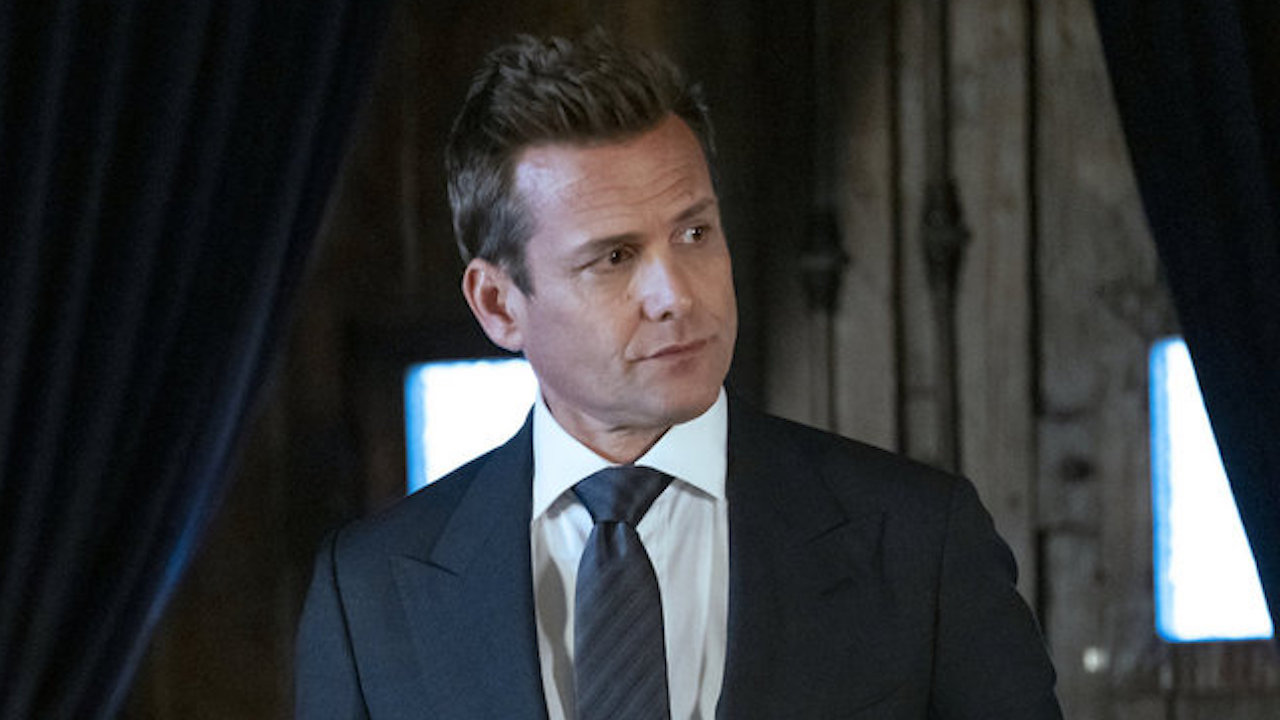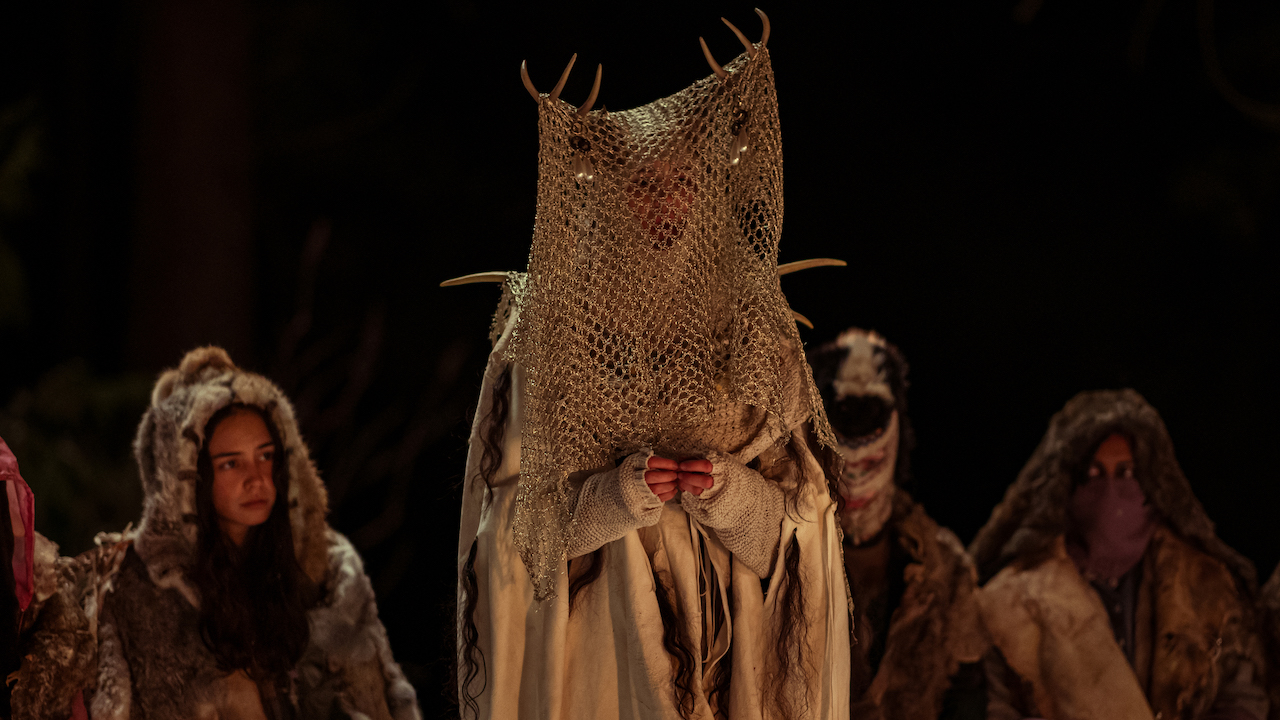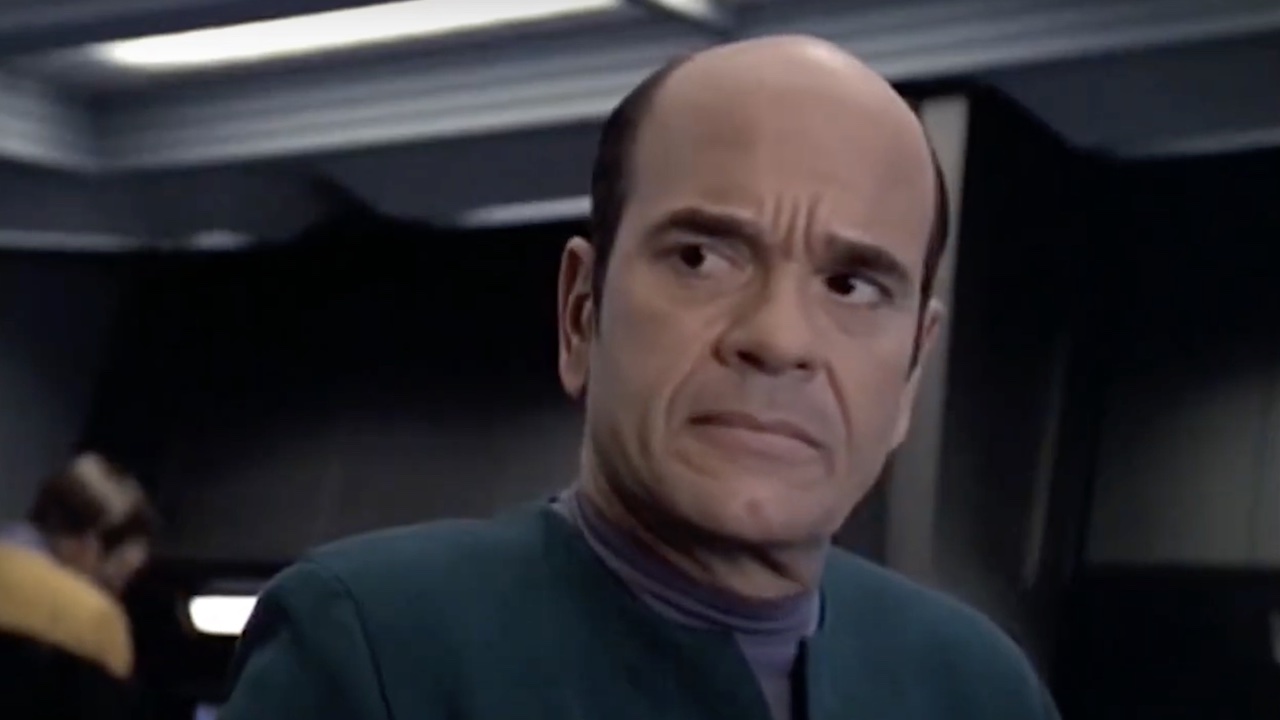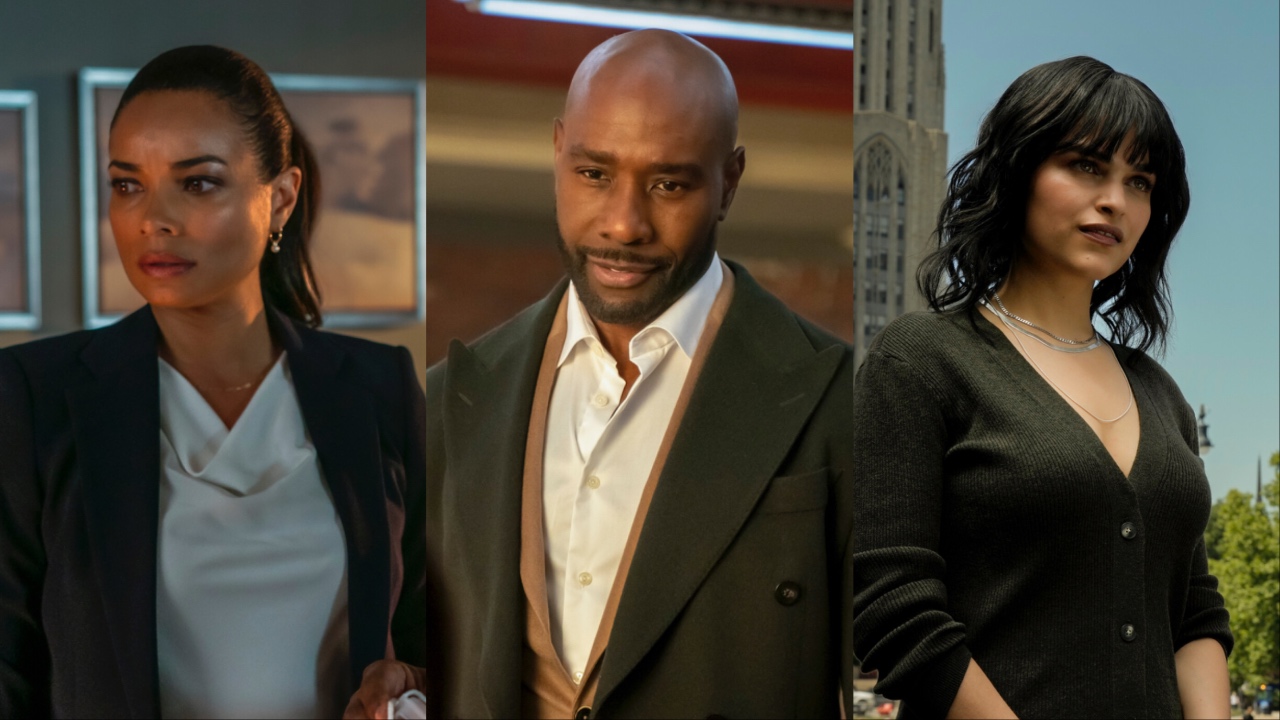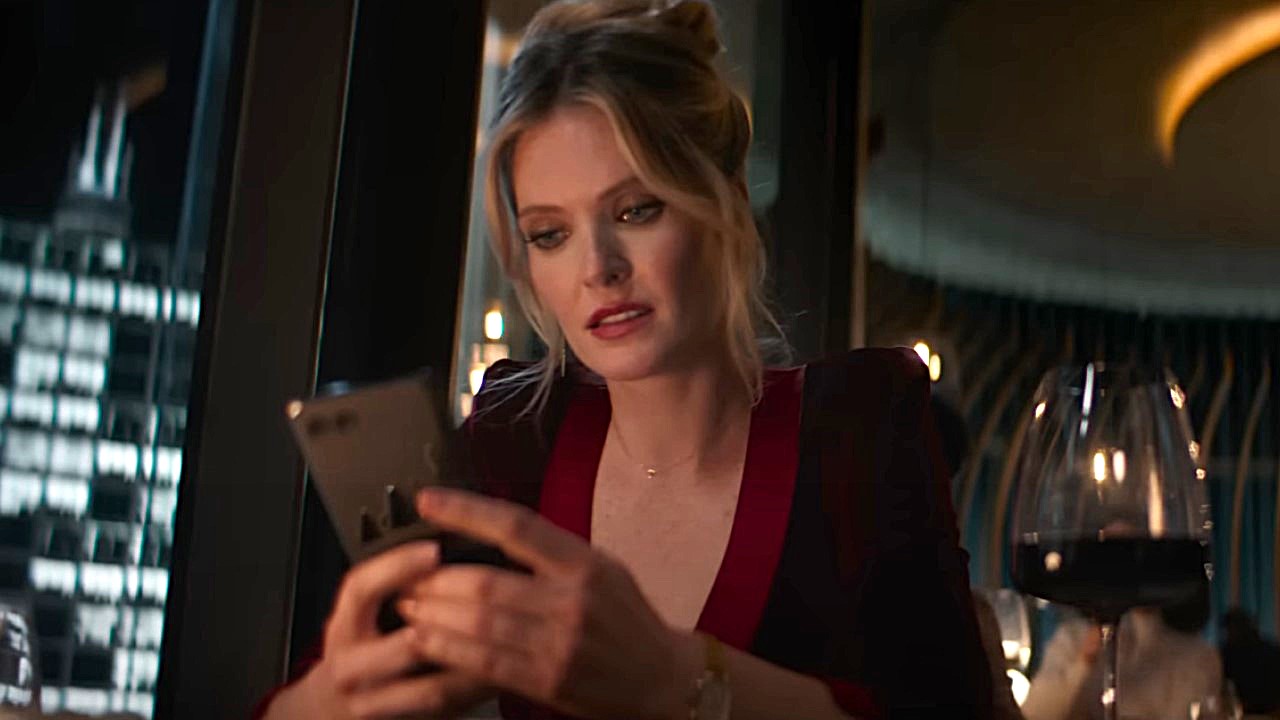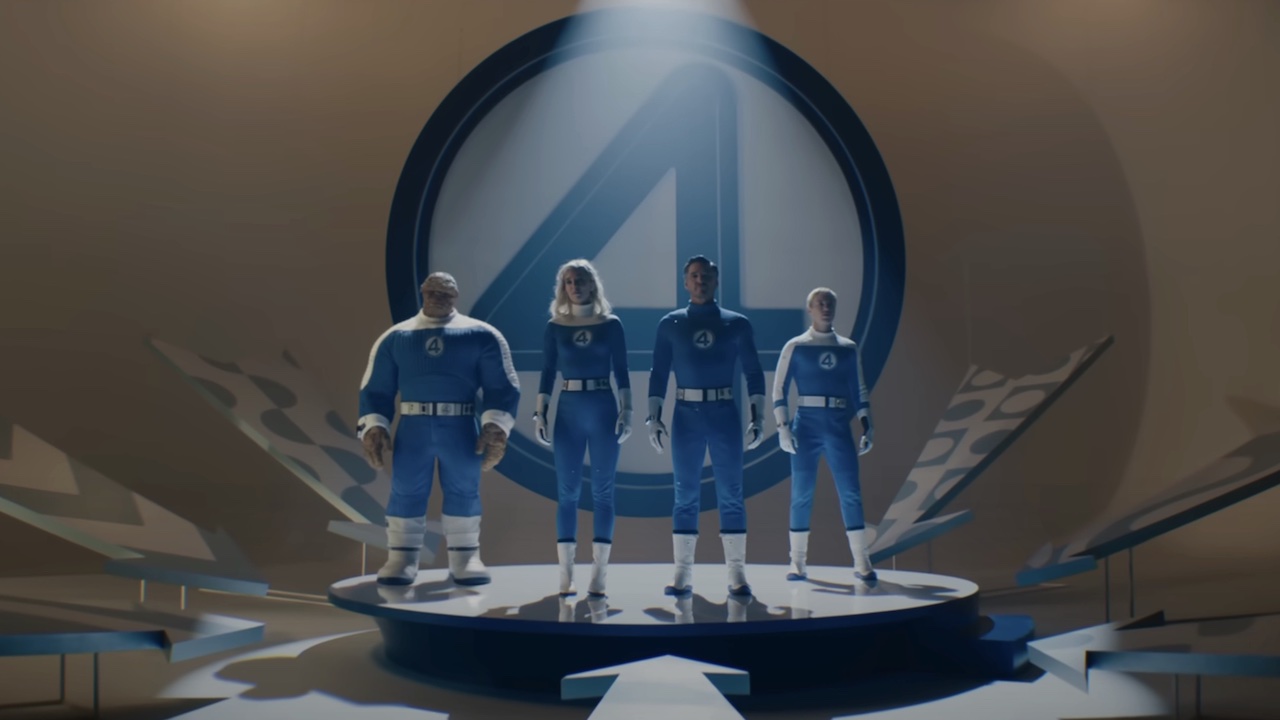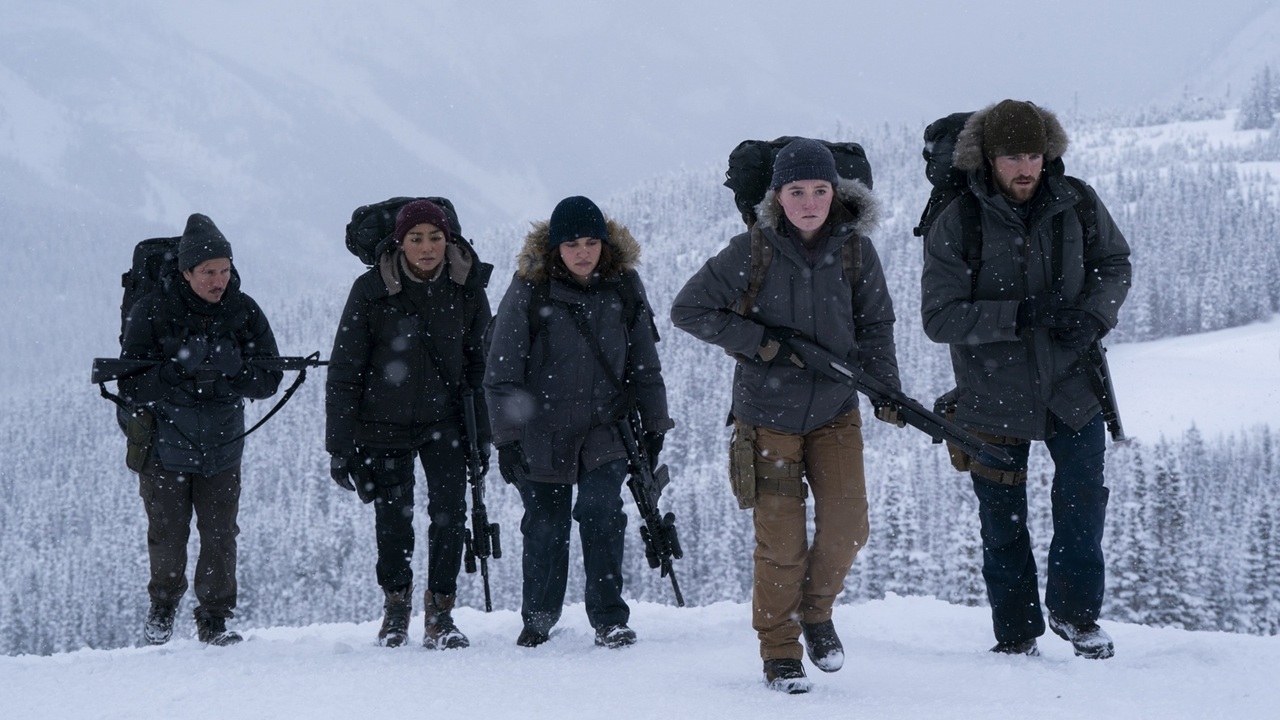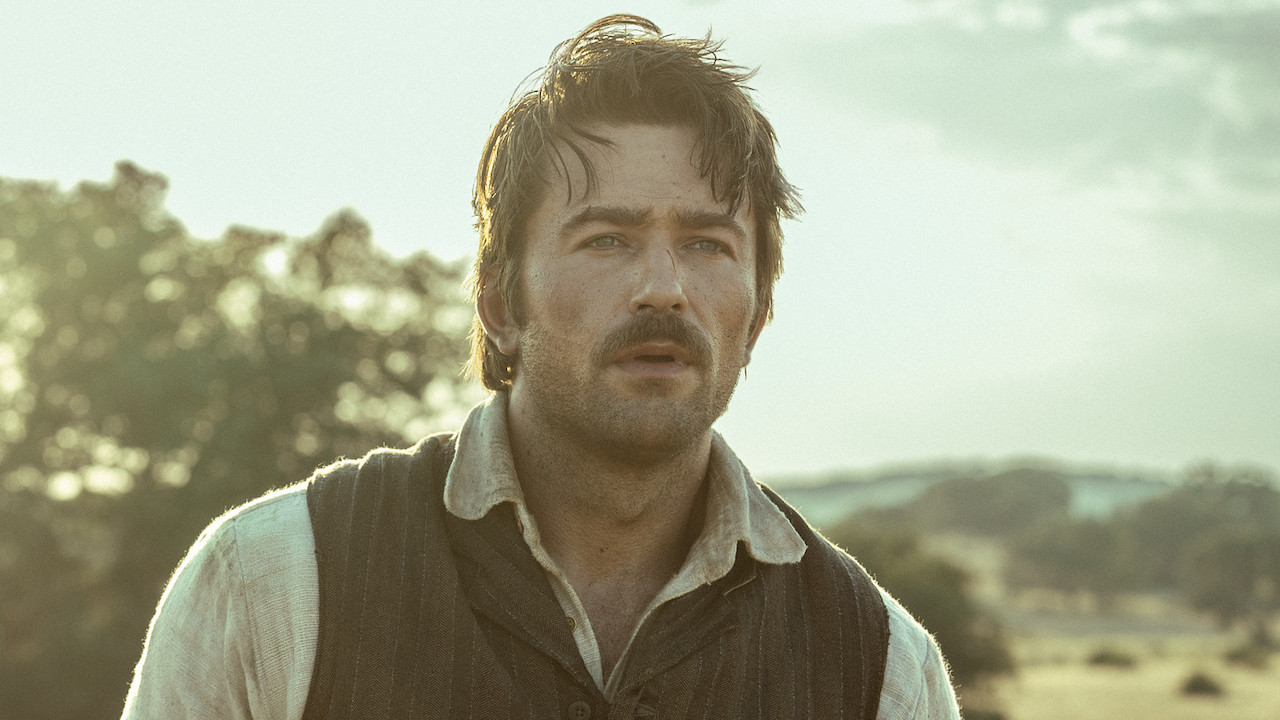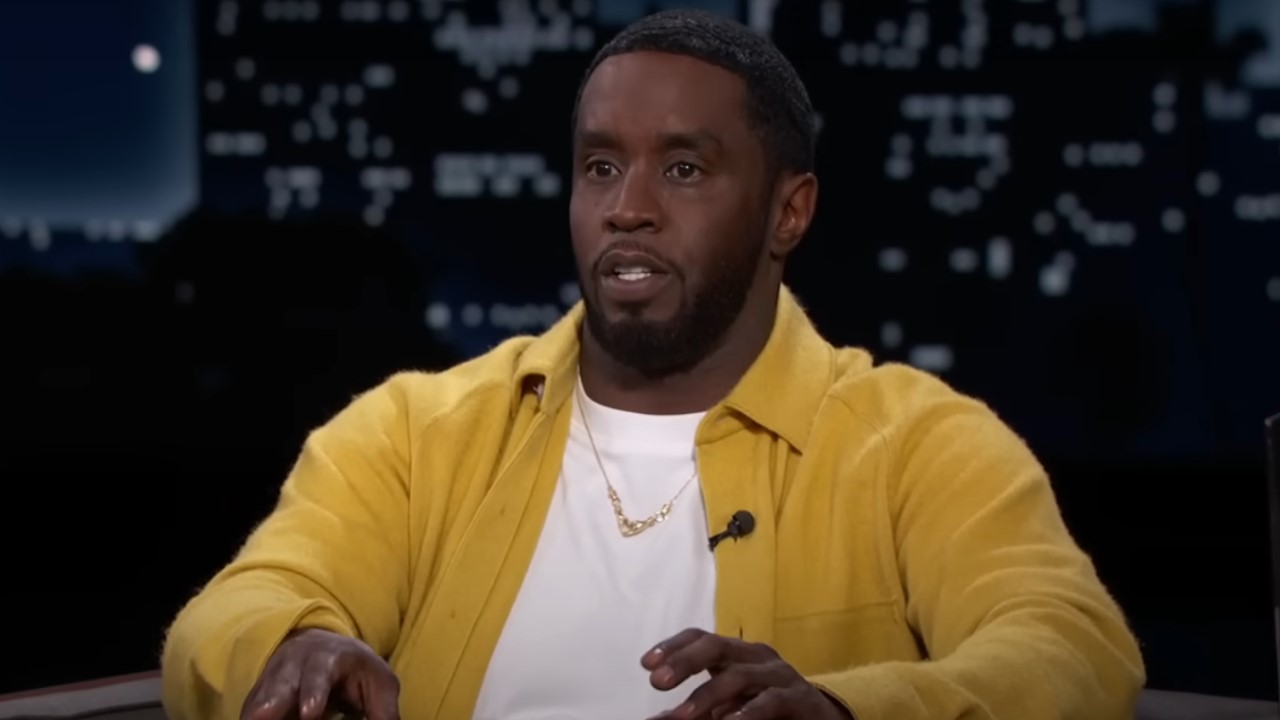Hey Hollywood, Let's Bring Back The Intermission On Longer Movies

Sometimes known as an interval, the intermission was an invention of the stage and theater that, like many things, made its transition to the cinema. Or, at least it did for a little while, before it fell out of fashion. I'm not entirely sure when this happened. Perhaps when it became less common for films to be three or even four hours in length, or when cinema became shorter, more compact experiences to compete with the competitive market coming from TV and other short forms of entertainment? It's clear that, minus an exception or two, movie intermissions are largely off our radars.
That's a shame, because if anything, movie intermissions could be even more beneficial and reinvigorating now. Especially in an age of shorter attention spans and rapid-fire distractions, the invitation of an intermission could provide a number of larger movies with a vital recharge button that would not only reward viewers but give them a greater appreciation for the movie-at-hand. Rather than making movies shorter, why don't we simply bring back the intermission? There are even three recent and upcoming movies which would arguably benefit from this mid-way break in the action.
Avengers: Endgame
Marvel's climactic and -- in many ways -- conclusive fourth Avengers movie Avengers: Endgame was always intended to be an event. The expansive superhero franchise is one of the few guarantees in Hollywood at the moment, at least when it comes to returning ticket sales, and it has constantly given its growingly appreciative audiences with epic, triumphant cinematic events. This one rivals The Lord of the Rings: The Return Of The King when it comes to a fitting final (for now, at least) chapter for some of the most well-known cinematic figures of the last 10 years.
Clearly, producer Kevin Feige had no problem bringing butts into seats for this formidable finale for several well-known characters. This huge movie broke box office records left and right, and it quickly became one of the highest-grossing movies in cinematic history before it eventually became the highest-grossing movie of all-time worldwide, upsetting Avatar for the throne. Since it earned the trust and respect of its worldwide viewers, Avengers: Endgame felt inspired to be a full three-hour-long experience, letting us soak in the sorrow at the beginning before providing viewers with an action-packed extravaganza of a climax that provided a plentiful balance of action, humor and character beats for this prolonged cinematic resolution.
While Avengers: Endgame was consistently good at keeping the momentum going for this hulking effort of a film, the flight of fancy of the time-hopping beats found in the second and third acts of Endgame can feel a bit jarring compared to the weight and impact of the sparse-yet-introspective first half. The movie doesn't entirely feel its length, but it undoubtedly feels long, and there is something that would be admired about having an intermission break mid-way through to not only let the meaning of the first half soak in, but to better appreciate the fun, zippier second half, which can relish in its silly side and lets the viewers bare witness to a number of different payoffs and tributes to the 20-plus movies they have followed attentively these past 10 years.
To be more specific, Marvel could have a chance to place an intermission a little before or after the time-jumping becomes a critical competent of the film. While that might make some viewers antsy to see what is about to happen next, it'd also serve as a nice little momentary relapse from the action, allowing the audience to better appreciate the somberness and steady build of the first half and get them even more excited and possibly anxious to see what will become of their favorite characters in the rousing final 90-plus minutes set to come. Plus, an intermission only makes it feel more epic. It should be noted that while the film didn't get an intermission in the U.S., it did get one internationally, and the break was considered a favorable one.
Three hours is a lot to ask viewers when watching a superhero movie, and it was clear that Marvel still had to cut the massive film down by a lot to even make it that long. Instead of pushing the limits of even the most attentive viewers, perhaps the movie should have allowed a nice intermission in the middle of the action to keep things flowing naturally and steadily, while also providing audiences with a better appreciation for what will surely be a satisfying conclusion? There's always time for another re-release...
CINEMABLEND NEWSLETTER
Your Daily Blend of Entertainment News
Once Upon A Time ... In Hollywood
There are folks out there who complain that Quentin Tarantino's new film, Once Upon A Time ... In Hollywood, is too long and too meandering for its own good, focusing too much on characters participating in inconsequential day-to-day actions that don't really serve to benefit the plot. I do not agree with these criticisms, to be clear, but it's evident that the movie's nearly three-hour runtime was perhaps a little too taxing for some viewers.
While I believe the movie benefits greatly from letting us be soaked in the majesty of this nostalgic time period, letting us relish in the casual, mundane activities of figures both fictional and real in order to appreciate the time period that is both lost and more present than years prior in our current day-to-day, I do firmly believe that the long runtime of Once Upon A Time ... In Hollywood would be more agreeable and acceptable if there was an intermission found in the middle of the movie. More specifically, without getting into spoilers, if it were placed just before the big time hop.
If the film were to allow a casual intermission to be placed in its often casual presentation, this break from the action would allow people to recharge themselves, giving them a chance to either stretch their legs and use the bathroom or mentally unwind a little bit and possibly get excited for the often-teased finale that is set to arise with Charles Manson's adopted kin. In fact, I believe that people would be more accommodating to having even a few more additional minutes added to the runtime if there were an intermission found in the middle, much like there was in Tarantino's previous film, The Hateful Eight (for the roadshow version of the film found in select cinemas), just before things started to get very violent indeed in the cabin.
Once Upon A Time ... In Hollywood is a celebration and a bittersweet nod to the cinema of yesteryear, which was allowed to be breezier and more free-flowing in a manner that isn't often seen in cinema found since 1969, the movie's central place in time that happened a full half century ago. It is a patient, character-focused film that doesn't want to be as frantic and busy as Quentin Tarantino's other movies, which certainly came as a big surprise to certain viewers. By having an intermission, audiences could feel more accustomed to the film's calmer tides, knowing the end will be worth the while.
Additionally, having an intermission at this point in Once Upon A Time... In Hollywood would actually be more fitting to what an intermission is supposed to be. Intermissions were often used not simply as a break in the action, but as a chance for actions to happen off-screen, away from the viewer's notice. The movie's decision to jump six months ahead, at a pivotal change in the lives of the main characters, would be less jarring in its execution if there an intermission was given before this giant leap in time. In my view, it would only be beneficial to have an intermission at this point in the film, with the only real downside being that it might possibly tamper with the rising suspense that can be found throughout key segments inside the movie. Since most of this rising tension is found in the second half of the movie instead of the first, it would most likely not result in any sort of problem whatsoever.
IT Chapter Two
Stephen King's tome of a book, IT, is a massive undertaking when it comes to adapting it to the screen. Well over 1,000 pages in length, with cross-cutting lapses in time and a variety of characters at various stages in their lives, it is one of the author's most astounding epics, and it's a popular book that is nevertheless rather hard to bring to viewers in full without making some concessions. Director Andy Muschietti compensated for this by stretching this book into two separate movies, much like Harry Potter and the Deathly Hallows and several other books of late have done, to do the book justice.
This decision was seemingly a wise one, and it is — in a way — a prolonged intermission-of-sorts, letting viewers get a taste of the story before they are given the time-spanning finale that was drawn out exceptionally in the novel. But when it was quite recently announced that IT Chapter Two would be a whopping two hours and 45 minutes long, there were people left wondering if the second part of this horror series should be this extremely long.
For me, having read Stephen King's book, I believe it would only make sense if the movie were longer rather than shorter, since it wouldn't jeopardize what King set out to accomplish in his expansive, coming-of-age horror fable. But I do think the runtime would be more agreeable if, for reasons that are similar to the ones mentioned above, IT Chapter Two allotted itself to have an intermission midway through the action, presumably sometime after The Loser Gang reconnects and just before they will find themselves getting ready to take on Pennywise for (hopefully) one last time, a whole 27 years later.
This will depend on how the movie plays out, but given that timeline would feel even more justified with a break in the middle, allowing us to feel the weight and the severity of this emotional undertaking — similar to Avengers: Endgame — while also letting the audience better appreciate what is about to go down with this bad clown in the next 90-something minutes. It would allow the movie to feel even more epic as a follow-up to the previous film, and it would give viewers more time to reflect on the passage of time, and how much the IT Chapter Two characters need to sacrifice in this moment.
In today's digital age, one reason why binging is so popular is because the episodic style of shows like, for instance, Stranger Things allow a break in the action. They give the viewers a small chance to reflect, take a brief return to reality and let the actions that happen reflect on their mind before they press the play button again and let themselves return into their television series of choice. Even just a small break can feel vital, and it can go a long way towards making people appreciate the time they spend with one story. With films, we have a chance to do something similar with intermissions.
There is no reason why movies should be shorter. Movies can provide a great relapse from the outside world, and the longer a movie is, the more the viewers can feel detached from reality and get immersed in the story. But there would be no harm in adding an intermission. In my opinion, bringing back the intermission would make the cinematic experience feel more grand and lavish again, allowing stories to be told on grander and more epic scales to justify the experience of going to the movies in the first place. The theater experience is meant to be just that: an experience.
With that in mind, if there are more movies coming out that challenge the conventional 90 minute-to-two hour running time, why doesn't Hollywood consider bringing back the intermission? It is a small gesture that goes a long way, and it might be the very thing that warrants going to a long movie.
This poll is no longer available.
Will is an entertainment writer based in Pittsburgh, PA. His writing can also be found in The Playlist, Cut Print Film, We Got This Covered, The Young Folks, Slate and other outlets. He also co-hosts the weekly film/TV podcast Cinemaholics with Jon Negroni and he likes to think he's a professional Garfield enthusiast.


